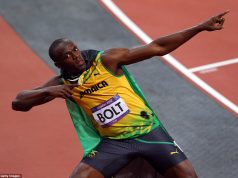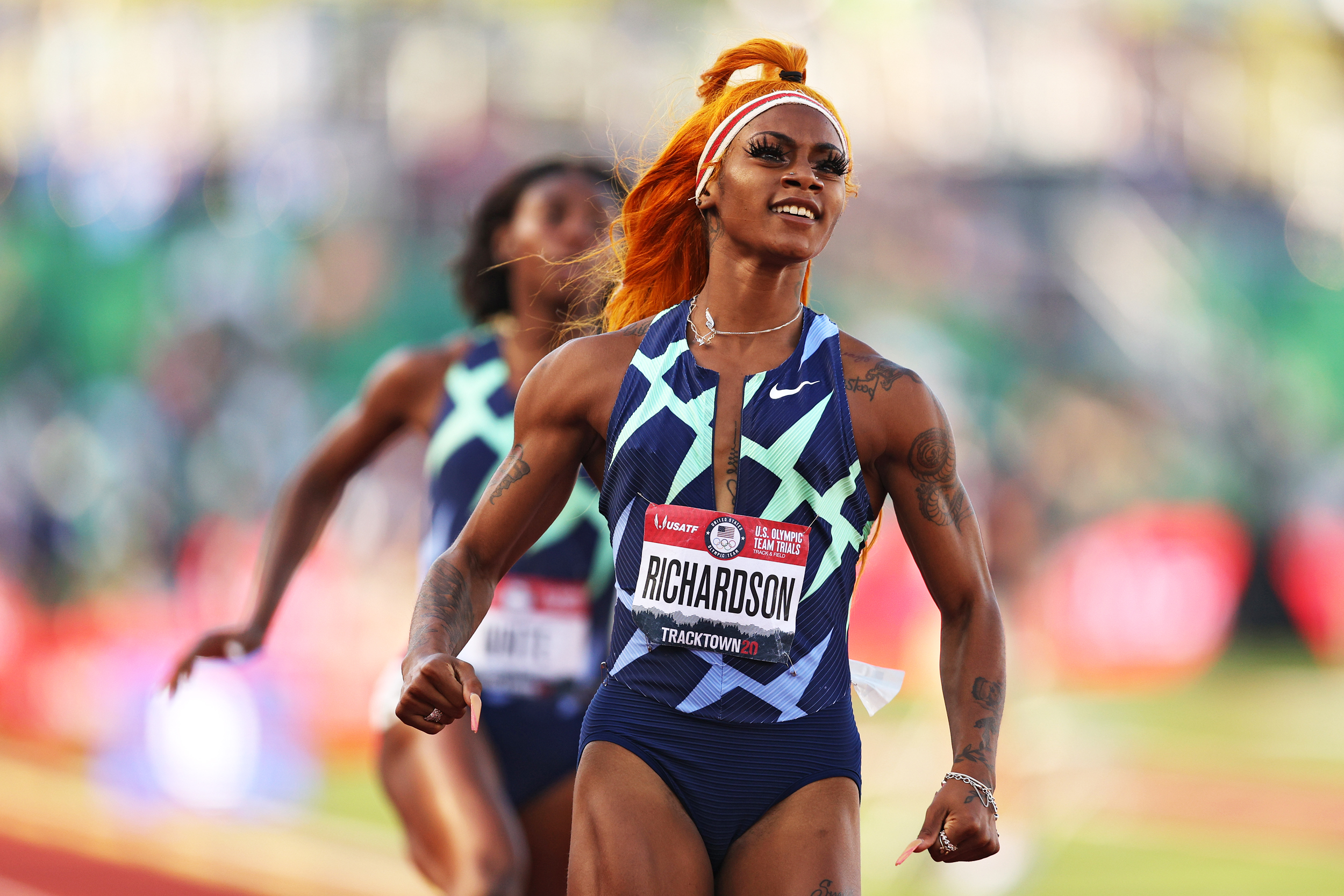By Robert Taylor, Special to Trackalerts.Com
I pose this question because from time to time we see young athletes running phenomenal times for their age group and never reach the pinnacle of the sport when they mature and reach to the senior level. Some blame this problem on coaches putting too much on the athlete when the athlete is not physically mature to handle such demanding workload.
Over the years, there have been many junior sprinters who dominate the sport for their respective age groups but has never achieved any success at the senior level. I believe that in some cases if not most, the maturation process can cause others to catch up to the once phenom.
With no research science to explain why a particular athlete stagnates or regress, the reasons are more anecdotal or speculative at best. The United Kingdom (UK) consistently produce world junior and world youth champion sprinters but have very little transition to the senior ranks of renown. The United States of America (USA or US) like the UK has consistently produced world youth and world junior champions but unlike the UK they consistently produce champions at the senior level.
Nevertheless, the US junior champions are not consistently senior champions. Jamaica, another country with great sprinting has a greater situation upon which the age group transition can be more clearly analysed. The Jamaica annual boys and girls high school athletic championship is more than likely the most competitive and well supported high school athletic event in the word. The athletes are separated by class (age group). For the boys, there are class 3, 2 and 1, while the girls have class 4, 3, 2 and 1.
The history of Jamaican high school championship shows only one female to ever win the short sprints in all classes and two male to ever win the short sprints in all classes. The female has won world and Olympic medals in relay while one of the male has been Olympic champion, silver and bronze medalist in individual events and relay.
The other male has not lived up to expectations even though he was a world youth and junior champion. We have seen dominant class three and two sprinters who never amount to much when they reach class one. We have seen average class three and two sprinters who became dominant in class one.
Incidentally, Usain Bolt became the only dominant athlete we know at the youth level, junior level and senior level. In 2002 as the world junior champion he would have been in class two. In 2003 when he set the youth record and 2004 when he set the junior record he was in class one.
There are so many variables that affect youth development; it can be early maturity, and thus one's early physical development relative to the others that makes him/her superior. Sometimes it is the level of coaching, another time it could be the athlete either gains or loses interest in the sport which will affect training and performance.
The question that comes to mind is how do you preserve a young phenom for the future. Do you monitor training regimen and the number of events the young athlete partakes in? Do you control the length of months in the young athlete's season? Do you reduce the length of time and the amount training the athlete does? Or is it a combination of things that will have to be adjusted according to the athlete's events, physical development, drive and maturity.
All these things came to my mind because of the situation of a former world champion and Olympic medalist who has the ear of an athlete many will attach phenom to. The athlete is young and obviously impressionable because the coach/former great, advised the athlete against doing hills, sands and weights. I understand the reluctance in lifting heavy weights because of the effect it can have on the joints which in turn can retard a young athlete physical growth. What I do however have a problem with is advising the athlete against hills or sands.
The speed the athlete runs and the times many expected from this athlete cannot be congruent with doing no hills, no sands and or no weights. Where and when will the athlete develop the muscle strength to sustain such speed? The little I know about track and field tells me that if an athlete's muscle is not strong enough, the faster he/she runs, the more susceptible they are to getting muscle injuries, especially injury to the hamstring. I find it hard to accuse this coach/adviser of being ignorant or cruel enough to sabotage a young athlete's career. I cannot understand his ability to sway the mind of this athlete.
As someone said to me “that guy can sell ice to Eskimos and convince them to buy storage for the ice too”. I know coaching is a mixture of art and science because everyone's mind and body does not respond to the same stimuli, but how is it possible to get an athlete in track and field to perform at their peak without foundation training in building muscle strength?
At what point during the season he expects the athlete to start work on developing muscle strength? In response to this a coach replied “he is probably looking on the kid future 10 years ahead”. Then I ask, is he telling the athlete to cut back, run slower now and then run faster later on in his athletic life? All I got was “good question but I cannot answer for him”.
The whole process leaves me scratching my head. How can a man who coached high school athletes and professional athletes advise an athlete against hills, sands and weights? I think I am going to spend some serious time researching and reading everything I can find on young athletes' training regimen and the dos and don’ts.
I find it hard to believe an experienced person like this can be this ignorant and I find it hard to believe a past high school coach will go out of his way to sabotage a young athlete this blatantly. I will have to research and talk to as many accomplished coaches as I can and see what their opinions are. Sometimes something can seem too obvious to be the truth so I will try my very best to get as much information from credible sources as I can.
The next time I touch this topic, I should have a slew of rigorous tested results and opinions from experienced coaches to help me with a solid conclusion. This situation in its entirety has left me with mixed feelings and in bewilderment.
**The views expressed in this article are those of the author (Robert Taylor) and do not necessarily represent the views of, and should not be attributed to, trackalerts.com.









